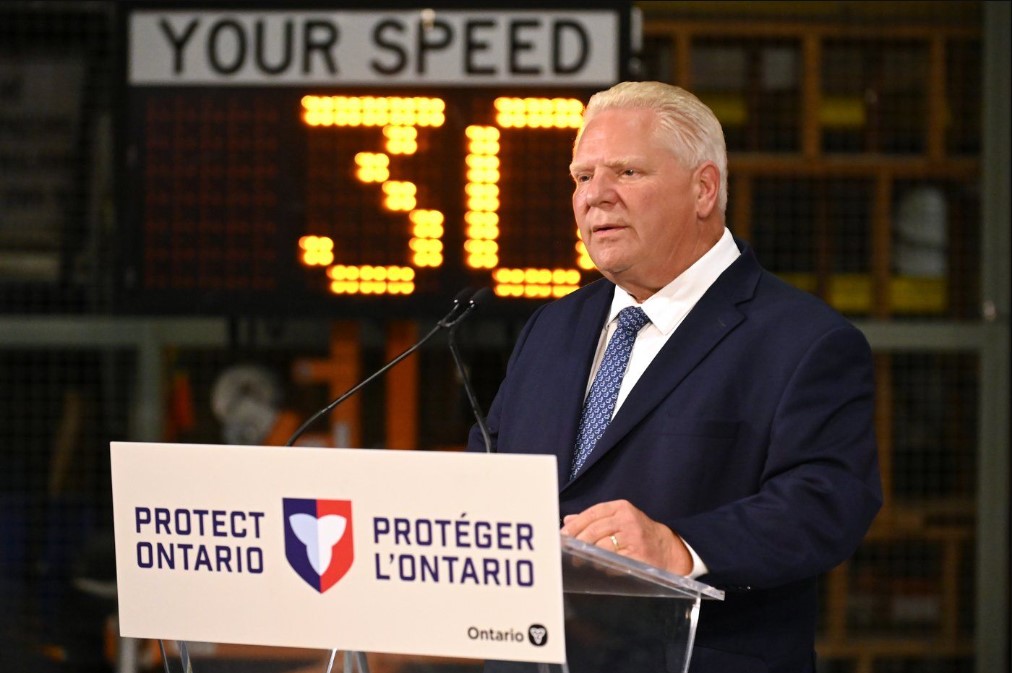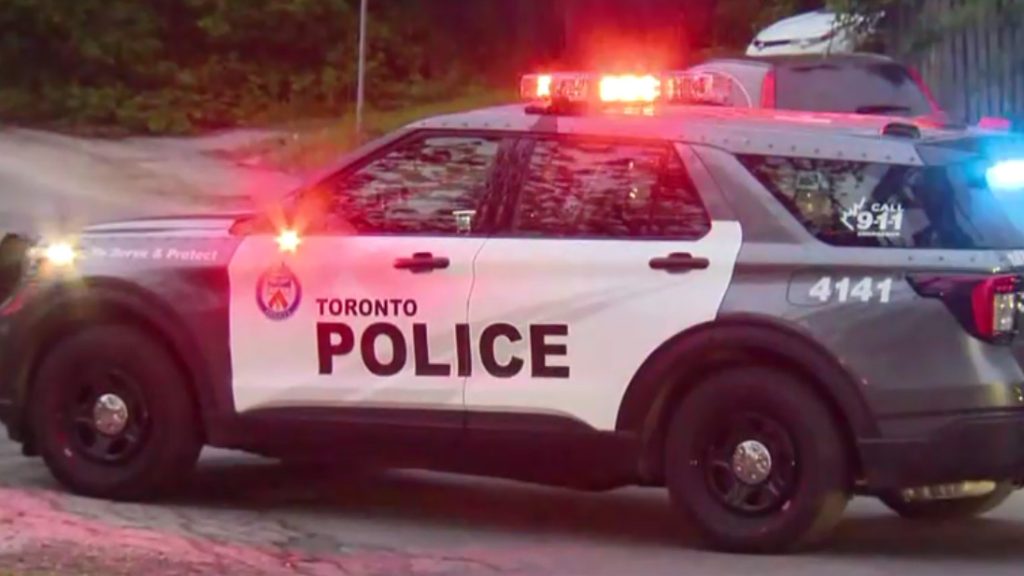Ontario Premier Doug Ford’s government is taking steps to limit debate and public input on three significant pieces of legislation, one of which proposes the elimination of the province’s speed camera program. The initiative comes from Government House Leader Steve Clark, who is fast-tracking a red tape reduction bill that not only includes the ban on speed cameras but also encompasses a labor bill and an emergency management bill.
The government intends to cease any further debate at the second reading stage for these bills, entirely skipping the committee stage, which typically allows public hearings and amendments, and constraining debate time for the final, third reading stage. Premier Ford has been vocal in his opposition to speed cameras, labeling them a "cash grab" and questioning their efficacy in mitigating speeding, despite support from various communities, parents, police chiefs, and researchers from the Hospital for Sick Children who argue that these cameras help save lives and should remain in place.
Clark stated that according to the ministers involved, sufficient debate has already occurred in the House during the second reading. He clarified that there would still be some opportunity for debate, noting, “I could have decided to use closure, and I could have completely cut off debate.” This statement came while he was discussing the motion aimed at expediting the legislation concerning speed cameras and the overall red tape reduction bill, which Ford has discussed throughout the summer leading into the fall.
Reflecting on the government’s current actions, NDP House Leader John Vanthof utilized the legislature to quote Clark from his time as the opposition house leader, criticizing the government for utilizing similar tactics to limit debate. Vanthof highlighted that the government’s scheduling issues stemmed from its decision to delay the legislature's resumption until October 20 after its summer break. He remarked, “Well, part of your scheduling problem is that you showed up a month and a half late. So you slept in and now you’re rushing stuff through.”
In addition, the government has previously limited debate and committee time on several bills during the spring sitting. Liberal parliamentary leader John Fraser expressed a sense of déjà vu, noting the government’s inclination to bypass standard legislative processes so early in the fall sitting. He asserted, “They just figure they can do whatever they want, and that people aren’t paying attention,” stressing the importance of taking time to ensure that legislation is properly crafted and considers all viewpoints.
Over twenty mayors across the province have urged Ford to consider adjustments to the speed camera program rather than abolishing it entirely, yet Ford has firmly dismissed their concerns. He has stated that he does not believe speed cameras are effective in reducing speeding, countering that traffic calming strategies such as speed bumps, roundabouts, and large, illuminated signs yield better results.
Data from various municipalities have shown that speed cameras can effectively lower traffic speeds, supported by a study from SickKids and Toronto Metropolitan University, which reinforces the benefits of the camera system. The red tape reduction bill also proposes facilitating the movement of workers, particularly in healthcare, across provincial lines and aims to "streamline" the Clean Water Act.
The labor bill introduces measures requiring automatic external defibrillators at construction sites and mandates job posting platforms to include mechanisms for reporting fraudulent job ads. Additionally, the emergency management bill outlines roles and responsibilities designed to enhance communication and coordination within government operations.












